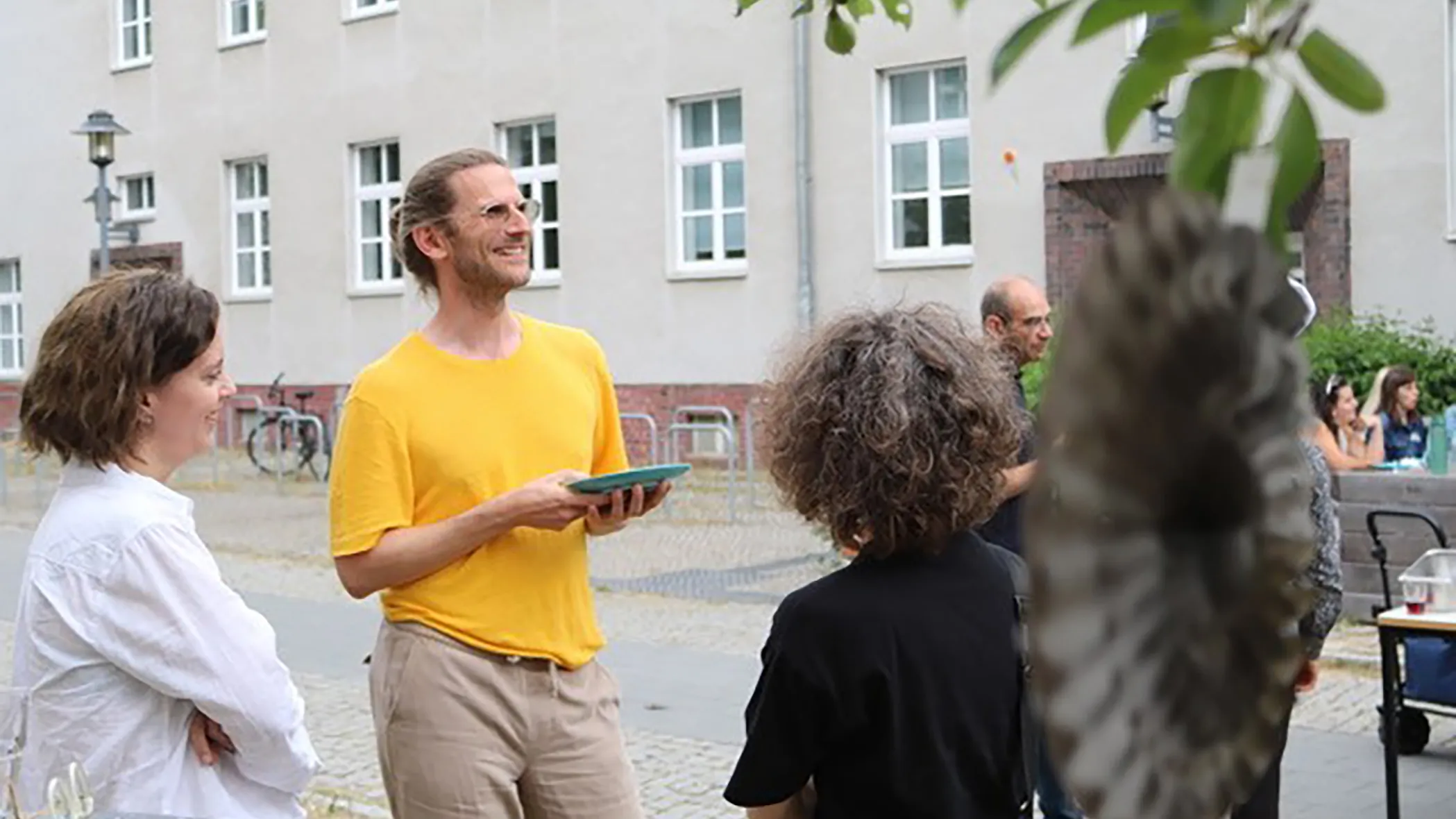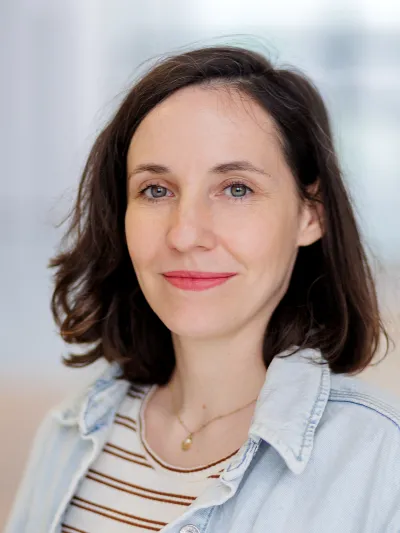Interview
Action-centred Coaching: Focus on Action

The "Action-centred Coaching" training course starts in November 2024. In this interview, Prof. Dr. Karsten Krauskopf explains how scenic and playful methods in coaching help to discover alternative courses of action and break down rigid patterns. Find out which target groups are addressed, which skills participants acquire and how peer group work intensifies learning.
Julia Sammler (JS): What is action-centred coaching and how does it differ from other coaching approaches?
Karsten Krauskopf (KK): In action-centred coaching, we start from the person's experience. By using scenic and playful methods, we explore the interplay of thinking, feeling and acting through trial and error. This approach is based on humanistic psychodrama and makes use of the fact that we can try out new actions in a kind of playfully expanded reality without danger (so-called trial behaviour). This allows our clients to discover the most suitable alternative courses of action for them and break down rigid patterns.
JS: What expertise do you and your team bring to this training and how do the participants benefit from it?
KK: All lecturers have many years of training and experience in psychodrama, each with their own supplements and in-depth knowledge of other therapeutic and counselling methods. The interplay of practical experience and scientific work with and on the methods used is a special combination. We do not offer a rigid framework, but a stable but sufficiently flexible basis for participants to develop their own coaching style.
JS: What target group is the training programme aimed at and what specific needs of this target group are addressed?
KK: We bring expertise from various psychosocial and educational fields. We are seeing that the requirements for leadership, self-reflection and employee and self-management are becoming increasingly important. These aspects are still lacking in training and degree programmes and managers in the social economy in particular are looking for support. Action-centred coaching was developed for people who want to support these specialists and managers.
JS: Can you give an example of how a typical case study from everyday coaching is dealt with in the course?
KK: Typical examples could be uncertainties in professional and/or private decisions or weighing up what you want and what seems realistically necessary. When working with groups, it can also be about supporting managers and teams in overcoming conflicts.
A typical approach would be to first select together in and with the group what exactly needs to be worked on. Then a scene is visualised in the "augmented reality" of the coaching stage, where the current issue can be experienced concretely. Here, conscious empathy with all the different perspectives and impulses is central. In concrete terms, this means moving into the different positions in the scene and reflecting on what is significant in each case. This can give rise to new impulses and a meta-level perspective. Afterwards, the work on the case study is also reflected on with the entire group, which can deepen or expand on the impulses that have arisen.
JS: What significance do peer group and individual case work have in continuing education and how do they promote learning?
KK: Peer group and individual case work are very important in continuing education as they intensify learning. In peer groups, we can practise the learning content from the modules and deepen it through dialogue. Learning is reinforced through repetition in small groups. Peer groups also promote cohesion within the group, which improves the learning atmosphere. Participants feel more comfortable and are more confident when the group is strong. Sometimes it is also easier to accept support from like-minded people and other learners. This makes peer groups a valuable addition to continuing education.
JS: What specific skills and qualifications can participants expect at the end of the training programme?
KK: A central technique of psychodrama is role reversal. This means that we always come back to the point of actively putting ourselves in the position of another person or in specific situations with all our senses and searching for the right gut feeling. This means that the participants also develop their own perception and intuition in order to encourage the coachees to allow various new ideas to emerge; they will find their own attitude as coaches. At the end of the training, the participants will have experienced that real progress can be made with joy and laughter.
The interview was conducted by Julia Sammler.
